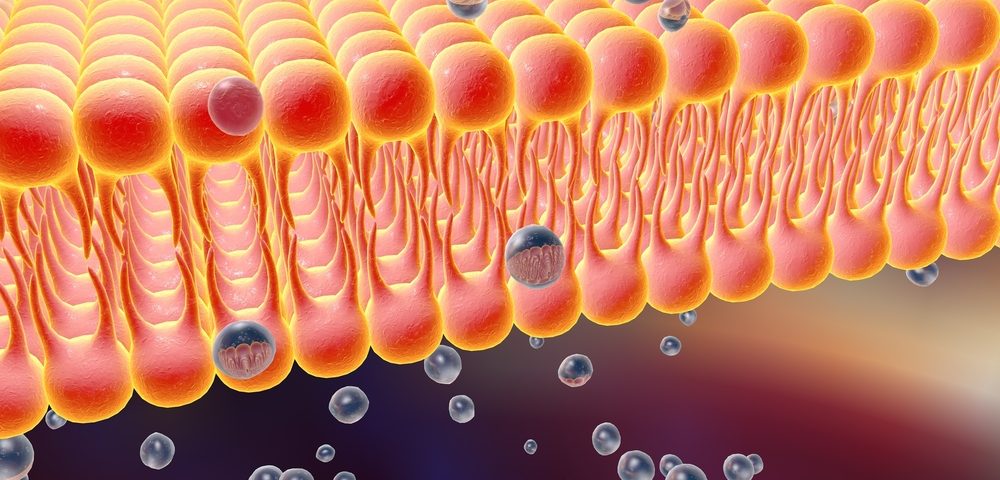A metabolic signature pathway critical for the growth of cancer stem cells has been identified by researchers who believe it may be cancer’s Achilles heel, and that interfering with it may halt the growth of ovarian cancer.
Findings were published online in Cell Stem Cell in the study “Lipid Desaturation Is a Metabolic Marker and Therapeutic Target of Ovarian Cancer Stem Cells.”
“The cancer stem cells are resistant to conventional therapies and are responsible for tumor relapse after chemotherapy and development of distant metastases,” Ji-Xin Cheng, a professor at Purdue University’s Weldon School of Biomedical Engineering and Department of Chemistry and a senior author of the study, said in a news release.
“Understanding their unique characteristics and vulnerabilities will enable the development of targeted therapies with the ultimate goal of overcoming tumor relapse and metastasis,” Cheng said.
Researchers looked for specific molecular pathways that helped cancer stem cells survive and multiply. Using imaging methods to detect the “molecular signature” of single cancer cells in cultures of ovarian cancer stem cells and cells from human patients, they identified a metabolic mechanism that was enhanced in these cells.
This pathway, which is responsible for controlling a process called “lipid desaturation,” contributed to the ability of cancer cells to use fat molecules to survive.
Three-dimensional cultures of cancer stem cells that mimic tumors in humans were also found to have increased levels of unsaturated lipids. The team then used a drug to inhibit the lipid desaturation process, which rendered cells less lethal and induced cancer cell death. This approach also blocked cancer onset in mice.
“Unsaturated lipids in the cancer stem cells are very important to maintain the signaling needed to function,” Cheng said. “Researchers have known about cancer stem cells for a while, but lipid metabolism in these cells is a very new topic. Understanding the lipid metabolism in cancer stem cells opens a new way for cancer detection and treatment.”
Together, the results indicate that the survival of ovarian cancer cells depends on the activity of a series of enzymes that participate in lipid metabolism. In addition, they suggest that unsaturated lipids can be used not only as a marker for this disease but possibly as a target for future therapies.
“We don’t directly block the signaling pathway, but we block fatty acid metabolism so that the unsaturated lipids are reduced, and that actually suppresses the function of the cancer stem cells,” said Junjie Li, one of the study’s first authors.

